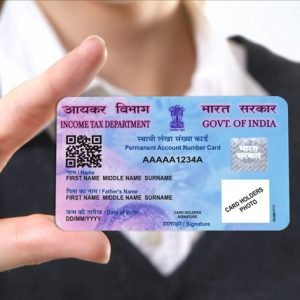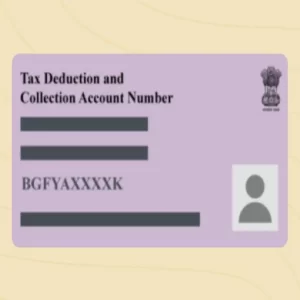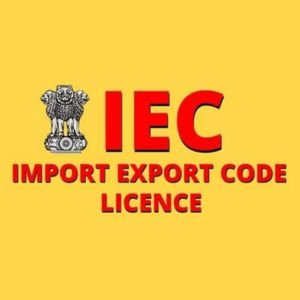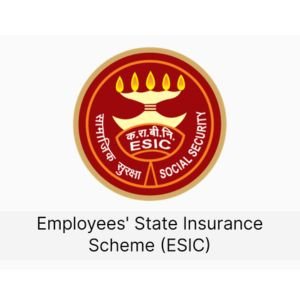Setting up Business in India
Setting up Business in India
India climbed another 23 points in the World Bank’s ease of doing business index, becoming the top-ranked country in South Asia for the first time and third among the BRICS. Depending on the nature of the business to be performed, there are various entry options for a foreign investor to set up a business in India, such as a Private Limited Company, Limited Company, Limited Liability Company, Branch Office, liaison office, etc. Also, Indian law allows foreign citizens to become full-time directors or shareholders in the entity; however at least one of the Directors/Partners should be a resident of India. AKG has the expertise of local knowledge who can help you find the best suitable options and to navigate these complexities.
Registration of Company/LLP Type of Companies
Private Limited Company
Private Limited Company is the most prevalent and popular type of corporate legal entity for business in India. A private limited company can be registered with, a minimum of two shareholders and two directors. An Individual can be both a director and shareholder, while a corporate legal entity can only be a shareholder. Further, foreign nationals, foreign corporate entities or NRIs are allowed to be Directors and/or Shareholders of a Company with Foreign Direct Investment, making it the preferred choice of entity for foreign promoters.
Public Limited Company
Limited Company is second most prevalent and popular type of corporate legal entity for business in India. A limited company can be registered with, a minimum of seven shareholders and three directors. An Individual can be both a director and shareholder, while a corporate legal entity can only be a shareholder. Further, foreign nationals, foreign corporate entities or NRIs are allowed to be Directors and/or Shareholders of a Company with Foreign Direct Investment.
Limited Liability Partnership
The main advantage of a Limited Liability Partnership over a traditional partnership firm is that in a LLP, liability of partners is limited, similar to that of the shareholders of a private limited company. However, unlike private limited company shareholder, the partners of a LLP have the right to manage the business directly.
One Person Company
One Person Company is the concept introduced for entrepreneurs who are capable of starting a venture by allowing them to create a single person entity for business in India.
Checkout Our Other Registration
It is an identification number for individuals, families and corporates (Indian and Foreign as well), especially those who pay Income Tax.
It is a unique, 10-character alpha-numeric identifier, issued to all judicial entities identifiable under the Indian Income Tax Act, 1961.

Permanent Account Number (PAN)
It is a 10 digit number issued to persons who are required to deduct or collect tax on payments made by them under the Indian Income Tax Act, 1961.Who needs to obtain TAN? TAN must be obtained by all persons responsible for deducting tax who are required to collect tax

Tax Deduction Number (TAN)
GST is the biggest tax reform in India. It is an indirect tax levied in India on the supply of goods and services. Under the new GST regime, all entities involved in buying or selling goods or providing services or both are required to register for GST

Goods and Service Tax Number (GST)
It is required for persons importing or exporting goods and services from India.The Importer -Exporter Code (IEC) is a key business identification number which is mandatory.

Import Export Code
It is another name for pension fund. Its purpose is to provide for all the employees with lump sum payments at the time of exit from their place of employment.

Employees Provident Fund (EPF)
Employee's State Insurance is a self-financing social security and health insurance scheme for Indian workers. 17 Digit Unique Identification code is issued in ESI Registration

ESI
It is required for the food business in whatsoever formats such as manufacturers, producer, importer, exporter, procurement, storage, distribution, and sale before starting Food business.

Food Safety & Standards Authority of India(FSSAI)
Government of India Support Enterprises coming under MSME Categories through various subsidies, schemes and incentives. To avail these benefits, Enterprises needs to take the registration of MSME under MSMED Act.

